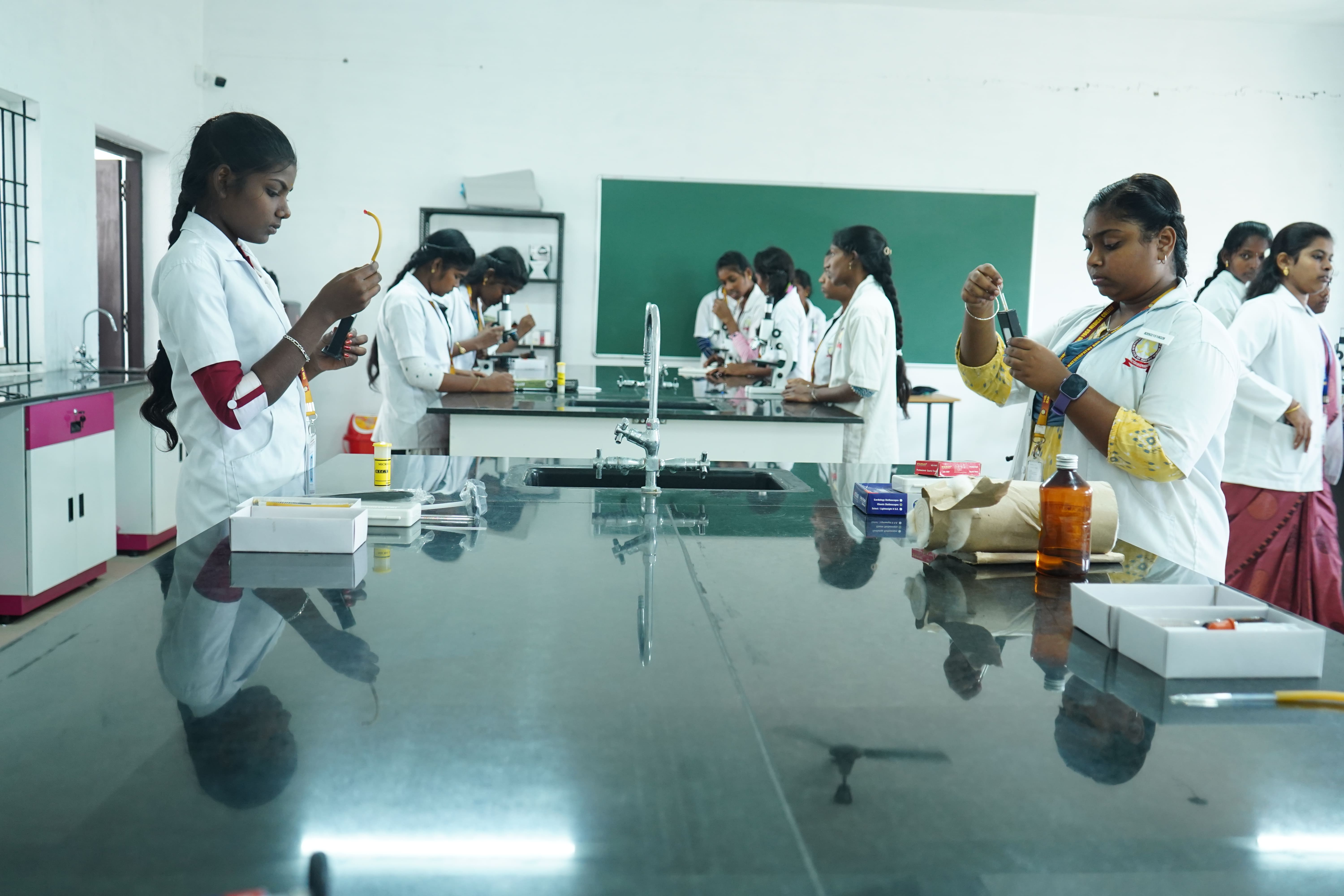About Department
Physiology is the study of the functions of the human body and the nature of life. It provides a foundational framework for understanding and exploring biological processes. This course introduces key historical milestones in physiology to help contextualize modern and future developments in physiological science.
Students will learn to examine physiological concepts from the simplest to the most complex levels of organization, starting from cellular functions to the integration of organ systems in the whole body. The course aims to provide a comprehensive understanding of human body functions, their regulation, and the physiological integration required to maintain homeostasis.
.png)


